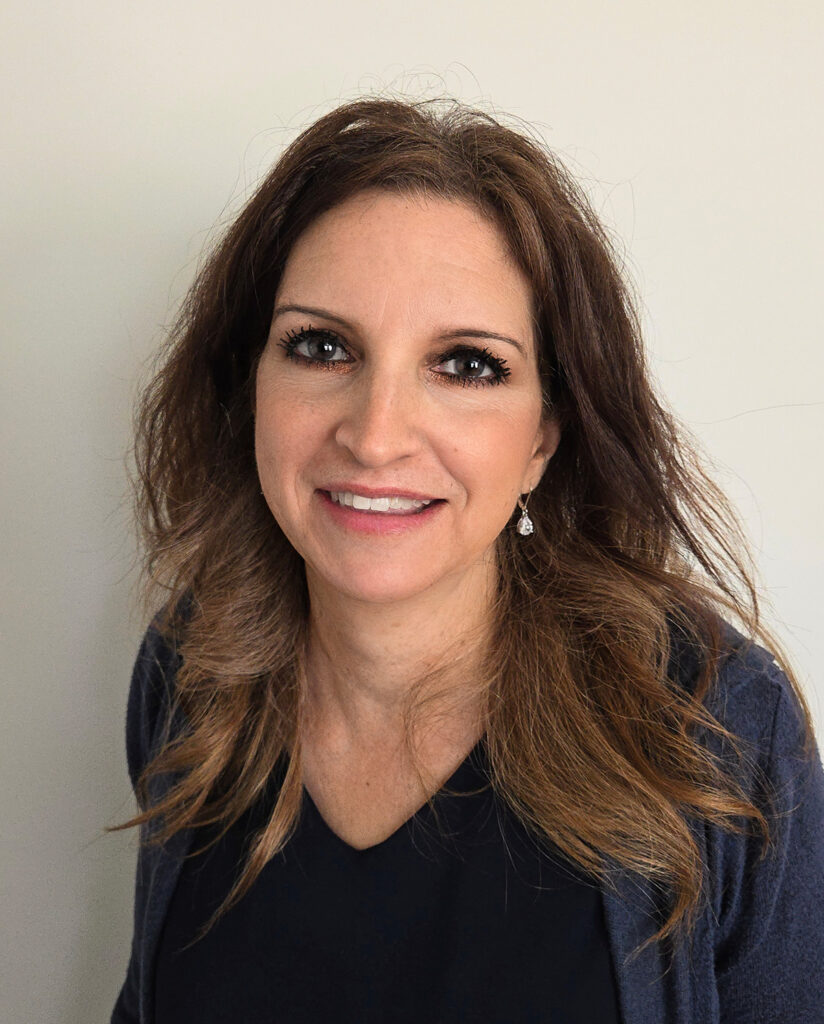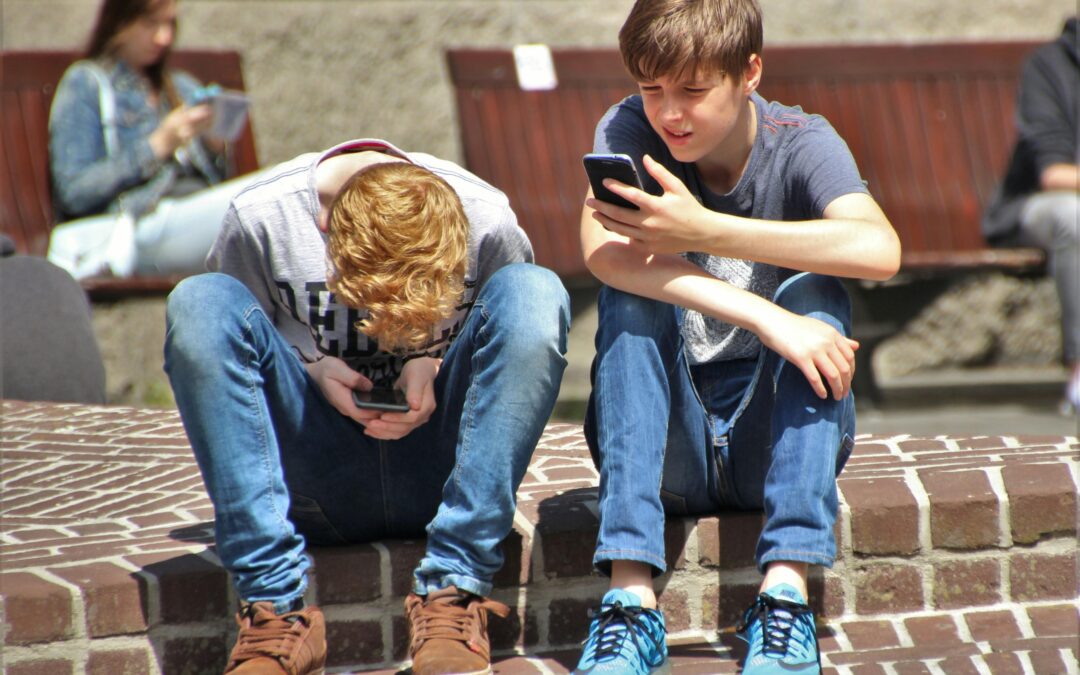November 27, 2024
By Linda Sulzen
Parents have called for bans of smartphones for children under 16 years old as risks associated with cell phone usage have come to light. Author of the article, “Inside the fight for smartphone-free childhoods,” Pippa Bailey asked the question, “If it’s impossible for adults to regulate their emotions around phones, how can a 12-year-old?” Bailey continued, “…in 2010 something went wrong with adolescent mental health” and she provided statistics about the rise in depression among 12- to 17-year-olds being up 150%. Suicide rates were on the rise among Americans in that same age group. There were similar results in the UK with anxiety having risen 70% for 11- to 15-year-olds.
A study by Security.org found 89% of parents support laws that would enact parental permissions before social media accounts were created for children under 18. 98% of parents believe social media platforms are harmful to children under 18 and cited TikTok and Snapchat as being the worst. According to Pew Research Center 95% of teens are on social media and most report almost constant usage saying that they recognize the negative effects of social media on others but not themselves.
Children have been harmed by social media usage and dangerous online challenges; Dr. Aliza Pressman Director of Mount Sinai’s Parenting Center expressed to ABC News that the adolescent brain does not have a timeline with the beneficial skills that work well with social media. The U.S. Surgeon General Vivek Murthy warned in 2023 “that excessive social media use can be a “profound risk” to the mental health of youth in the United States.”
What is being done to address concerns about children and social media issues?
Since 2018 France has required Middle School students to turn in their cell phones upon arrival to school; Finland responded to a 2023 report about learning outcomes declining by eliminating tablets in schools and reinstating textbooks, paper and pencil. In England, Ormiston Academy told the BBC they were phasing out smart phones for 35,000 students to combat too much screen time and negative mental health impacts. In the U.S. Ron DeSantis Florida’s Governor signed a strict social media bill that will go into effect in January of 2025 banning anyone under 14 years old from opening or having social media accounts; teens will need parental consent to use social platforms and the tech companies will be fined for not removing underage users.
CNBC reported this week that the Australian government is proposing a social media ban for children under 16 in the face of parents globally calling for a “greater regulation of tech companies.” The legislation will be in effect 12 months after it is approved by lawmakers according to Australian Prime Minister Anthony Albanese. The ban is expected to…
- Trial age verification systems that will block children from using social media platforms including Facebook, X, Instagram, and TikTok.
- The social media platforms will be held responsible for restricting access to children.
- If children break the law, they and their parents will not be held responsible.
On September 11 Prime Minister Albanese outlined his goals:
“I want young Australians to grow up playing outside with their friends, on the footy field, in the swimming pool, trying every sport that grabs their interest, discovering music and art, being confident and happy in the classroom and at home. Gaining and growing from real experiences, with real people.”
He further acknowledged the challenges that parents had of banning smartphones and social media for their children, and said, “[Parents] are up against the powerful force of peer pressure, and no one wants to make their child the odd one out. Setting a new national minimum age for social media also sets a new community standard. It takes pressure off parents and teachers and backs them with the authority of government and the law.”
Author of the best-selling book, “The Anxious Generation,” Zach Rausch, said, “Australia’s legislation was a “momentous step” and will make Australia a “global leader in protecting kids online.”
Is big media doing anything to stop harmful effects?
Some social media platforms have addressed “harm social media” and acknowledge what it can do to mental health and have enacted policies with restrictions for teens:
- Instagram began launching teen accounts in September
- X has users between the ages of 13 and 17 under protected settings which keeps their location turned off and does not allow them to be advertised too.
- Meta announced tools to help parents monitor their children’s social media usage to include reports on usage and views of contacts and chats.
- Facebook has a tool to nudge kids to step away after 20 minutes of use.
Hope
According to Katherine Martinko who wrote an article for The Analog Family there is hope as a worldwide community strives to give children back their childhood with a “digital media debate gaining traction.” She further states that there is a shift in awareness and that children need to experience the boredom, free play, creativity and normal social awkwardness of childhood.
It may be difficult to put the “social media” genie back in the bottle. Legislators and governments can heed the warnings and scientific studies behind protecting children and with that guidance make changes with technology that can have a positive impact on children’s mental health.


